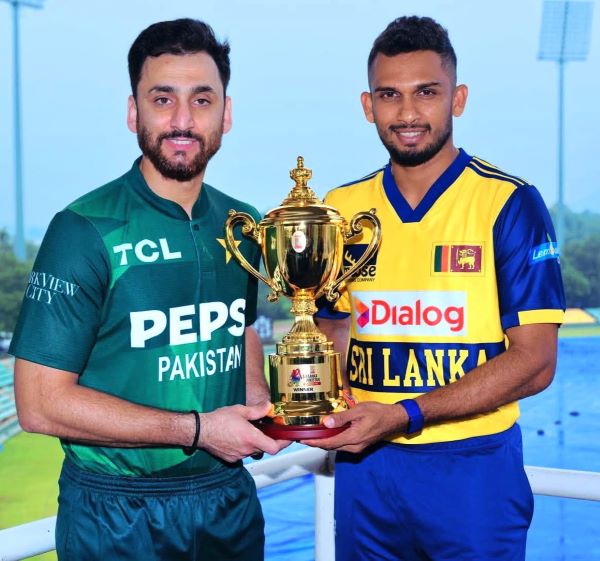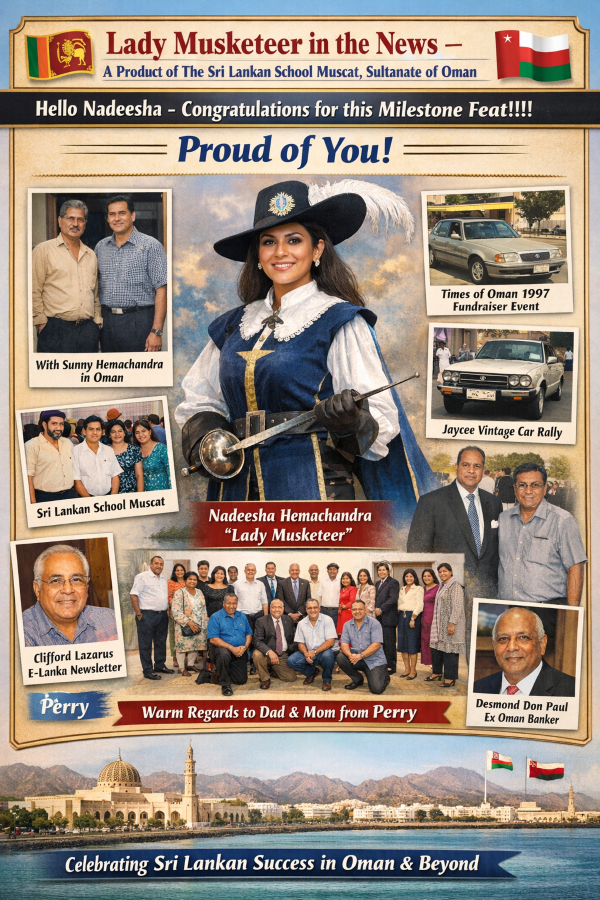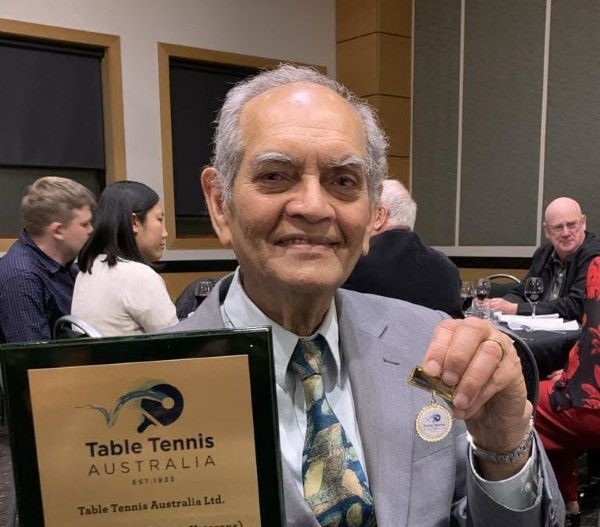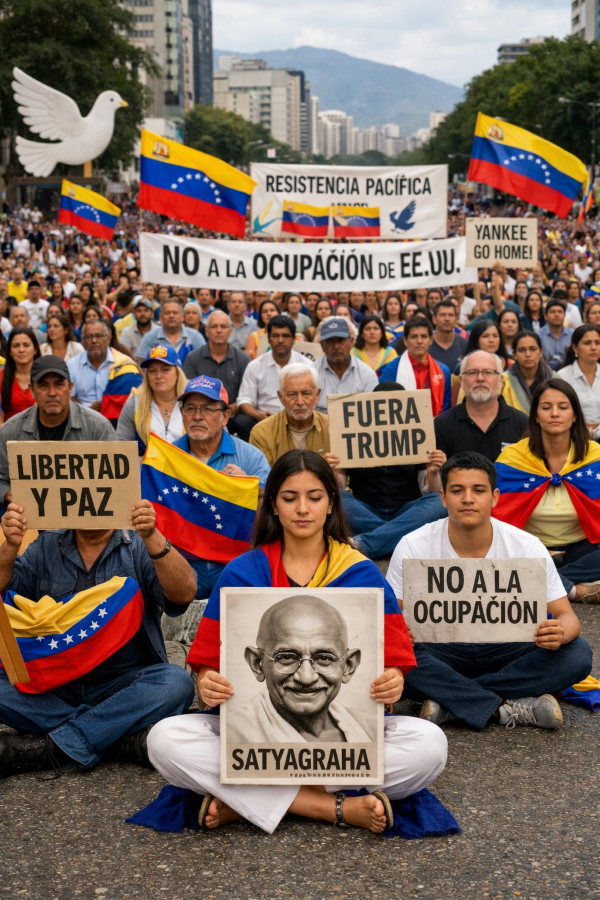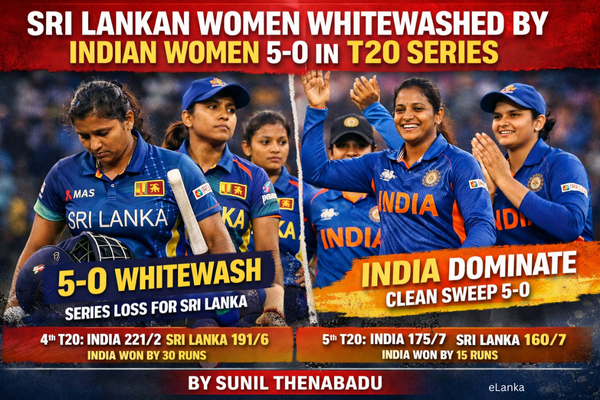Sri Lanka Rugby: A Whistleblower’s View on the Challenges Beneath the Surface By: The Rugby Whistleblower

Rugby in Sri Lanka has long been admired for its passion, talent, and unique flair. Yet, beneath the surface lies a history marked by administrative challenges, political entanglements, and governance inconsistencies that have repeatedly derailed progress. As Sri Lanka Rugby (SLR) attempts a reset under new stewardship, a whistleblower offers a perspective on the structural barriers and hidden forces impeding reform.
⸻
1. When Governance Served Power, Not the Game
There have been periods in SLR’s recent past where leadership appeared closely aligned with powerful political families. In one such instance, multiple members of the same family were selected to represent the national team simultaneously. During this era, concerns were raised over the eligibility of certain foreign players who obtained Sri Lankan passports and represented the country. The matter escalated internationally and reportedly resulted in financial penalties imposed by World Rugby, affecting the image of the national body.
Allegations of misconduct during matches—including an incident involving physical confrontation by a player from the powerful family with a match official—surfaced during this time. However, no formal action was taken, prompting concerns about oversight and accountability. Today, individuals linked to this period are reportedly aligned with regional rugby authorities whose loyalties may extend beyond Sri Lanka.

2. Procurement and Patronage Questions
In another administration, claims emerged that the leading official used political patronage with the powerful family and Minsters for procurement decisions which may have been influenced by personal or political affiliations. While no judicial determinations have been made, questions persist regarding the quality of certain equipment and materials supplied during this period and whether proper procedures were consistently followed which was paid by public tax funds .These issues underline the need for stronger transparency mechanisms within the sport’s governance structure.
⸻
3. Electoral Loopholes and Institutional Capture
One former official, now facing unrelated legal issues, is alleged to have exploited weaknesses in the SLR Constitution to consolidate influence through the formation of inactive or non-playing “paper clubs” ahead of elections. There are also reports that alliances with certain political figures were leveraged to retain control of rugby’s governing structures.
During this period, Sri Lanka’s relationship with Asia Rugby reportedly suffered, culminating in the official being disassociated from regional bodies and requested to step down following court proceedings. However, recent activity on social media and in certain press outlets suggests efforts to influence current reforms and question the legitimacy of the Minister-appointed body overseeing the sport today.

4. The All Blacks U85kg Series – Missed Opportunities and Mixed Results
A high-profile exhibition series involving an All Blacks U85kg team generated significant public enthusiasm. The event was organized with the support of a well-known local coach whose past includes both successes and controversies. Critics alleged that team selections for the series were not based entirely on merit, and that players with stronger performance were overlooked for the first game .The head coach was alleged to have influenced the selectors for this decision . Why the National Selectors couldn’t stand firm is a question.
The Sri Lankan side suffered a heavy defeat in the opening match and fared slightly better in the second. Media speculation suggests that the coach’s resignation shortly after the series may have stemmed from external pressures, including obligations to a prominent school program with which he is affiliated. Unverified reports also indicate that disciplinary issues involving players at the school Rugby camp may have contributed to the situation. However impression was created by the coach through his fan club on social media that an high official Openly criticized the team selection . Good coaches don’t run away but stay and face the challenge .
⸻
5. Renewed Hope and Honest Effort
More recently, Sri Lanka Rugby secured the short-term services of an experienced foreign coach with two school coaches for the Emirates Cup campaign. Despite limited preparation time, the team showed remarkable improvement, nearly defeating South Korea and putting up a commendable performance against UAE. While the loss to Hong Kong was substantial, the overall display was encouraging.
Several observers noted that match officiating, particularly by regional referees, may have influenced outcomes in close games. Nonetheless, the dedication and discipline of the players were widely acknowledged. A few decisions made by the team captain drew criticism, but it is important to recognize the complexity of balancing leadership and personal performance under pressure.

6. Disinformation, Distrust, and the Need for Reform
Certain social media platforms and media outlets have recently carried content critical of the current administration and coaching staff , mainly the foreign coach .It is alleged that some of this criticism originates from former office-bearers and affiliated individuals concerned about losing access to influence. These campaigns, at times, rely on anonymous accounts or unverified claims, potentially undermining public confidence in the reform process.
The current Sports Minister, alongside a group of committed individuals, has taken steps to strengthen governance, improve transparency, and restore credibility to SLR. A constitution approved by World Rugby and endorsed by stakeholders is now in place. However, progress is threatened by recurring litigation and opposition from entrenched interests.
⸻
Conclusion
The road to reform is never easy, especially in a sport steeped in tradition and political connections. While the past cannot be undone, Sri Lanka Rugby has an opportunity to rebuild on foundations of merit, transparency, and integrity. It is essential that all stakeholders—players, administrators, coaches, and supporters—rally behind efforts to restore public trust and uplift the sport. Ensuring that future leadership comprises individuals with credibility, competence, and a vision for the game—not vested interests—is now more important than ever.
“While detractors may seek to distract and delay., Sri Lanka Rugby must remain focused on the path ahead—progress speaks louder than protest.”



